ECO-SCOOT believes that challenges presents opportunity to serve humanity
What began as a need to address the growing burden of unsafe and illegal E-BIKES & E-SCOOTERS has evolved into to a bridge between local police & international humanitarian aid.
With that comes a need to understand all regulations and compliance related to dealing with E-waste.
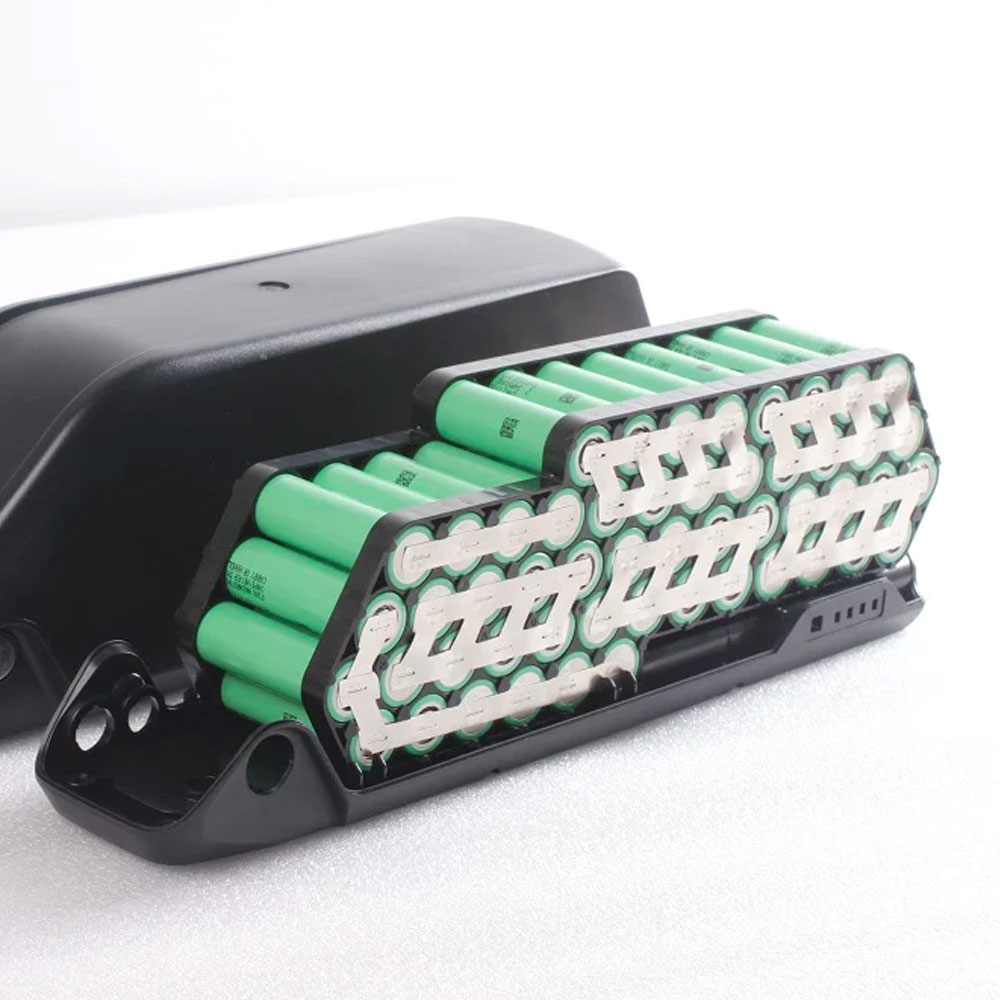
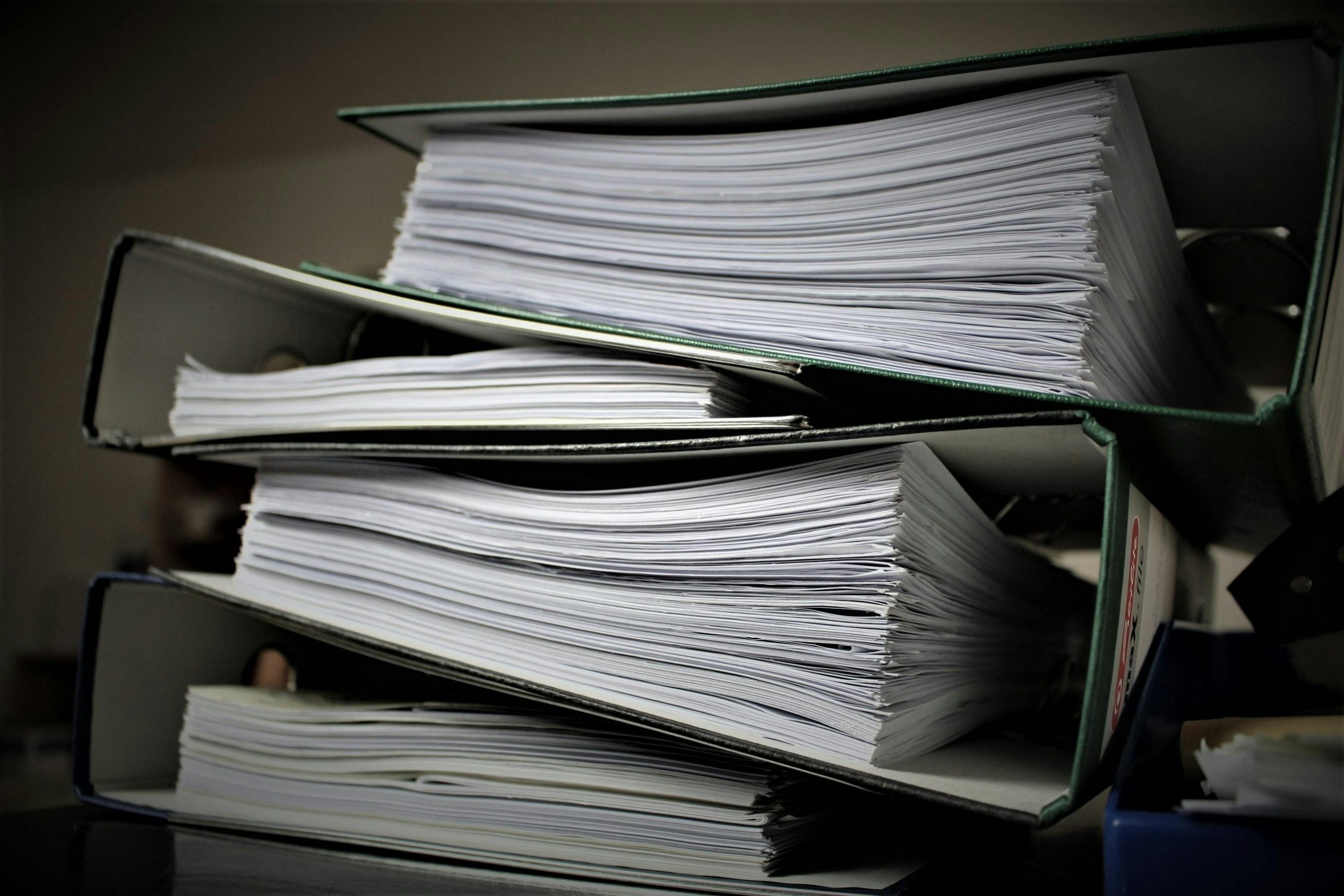
Providing Frameworks for the following
- Environmental & Sustainability Standards
- Law Enforcement Partnership
- International Aid & Export Compliance
- Health & Safety Excellence
- Insurance & Liability Protection
- Vehicle & Transport Regulations
Why Compliance Matters
Our comprehensive regulatory framework ensures that every aspect of our operation—from the moment a device is seized on UK streets to its final destination supporting communities in Ukraine—meets the highest standards of legal, environmental, and humanitarian excellence.
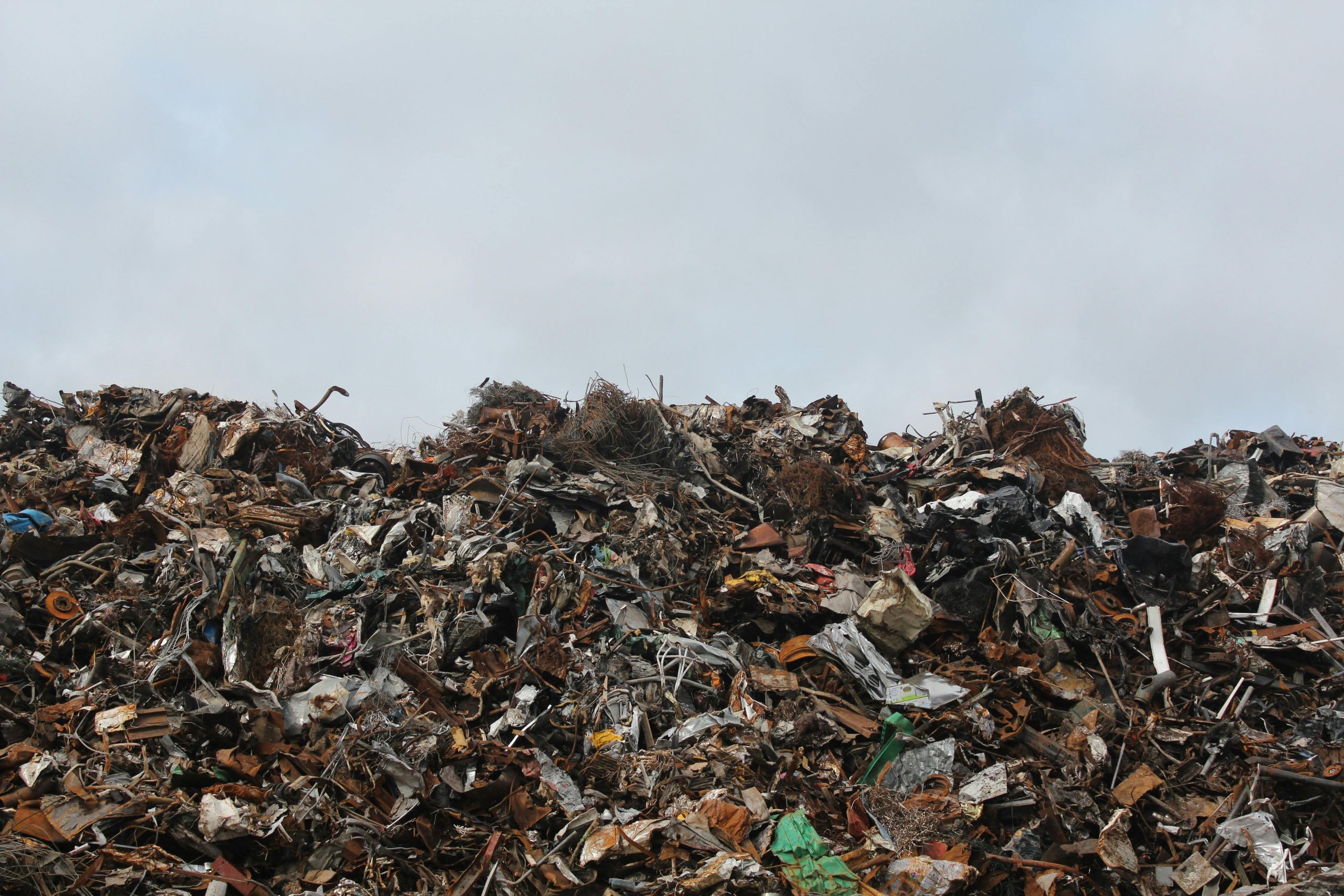
Environmental & Sustainability Standards
- Waste Transfer Notes (WTN)
- Hazardous Waste Certificates
- WEEE Regulations 2013
- Environmental Permitting Regulations 2016
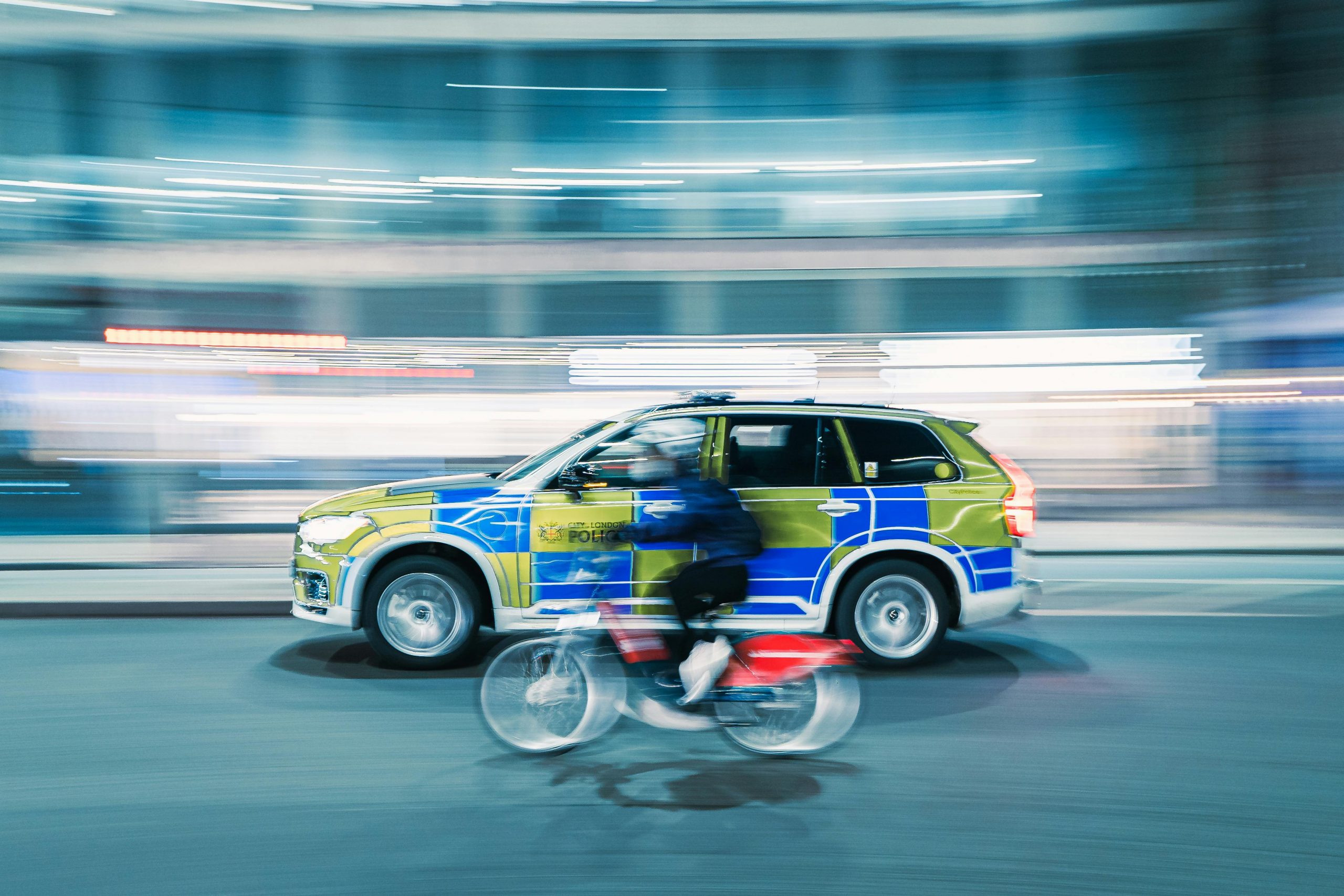
Law Enforcement Partnership Framework
- Police Property Act 1997
- Proceeds of Crime Act 2002
- Legal indemnity framework
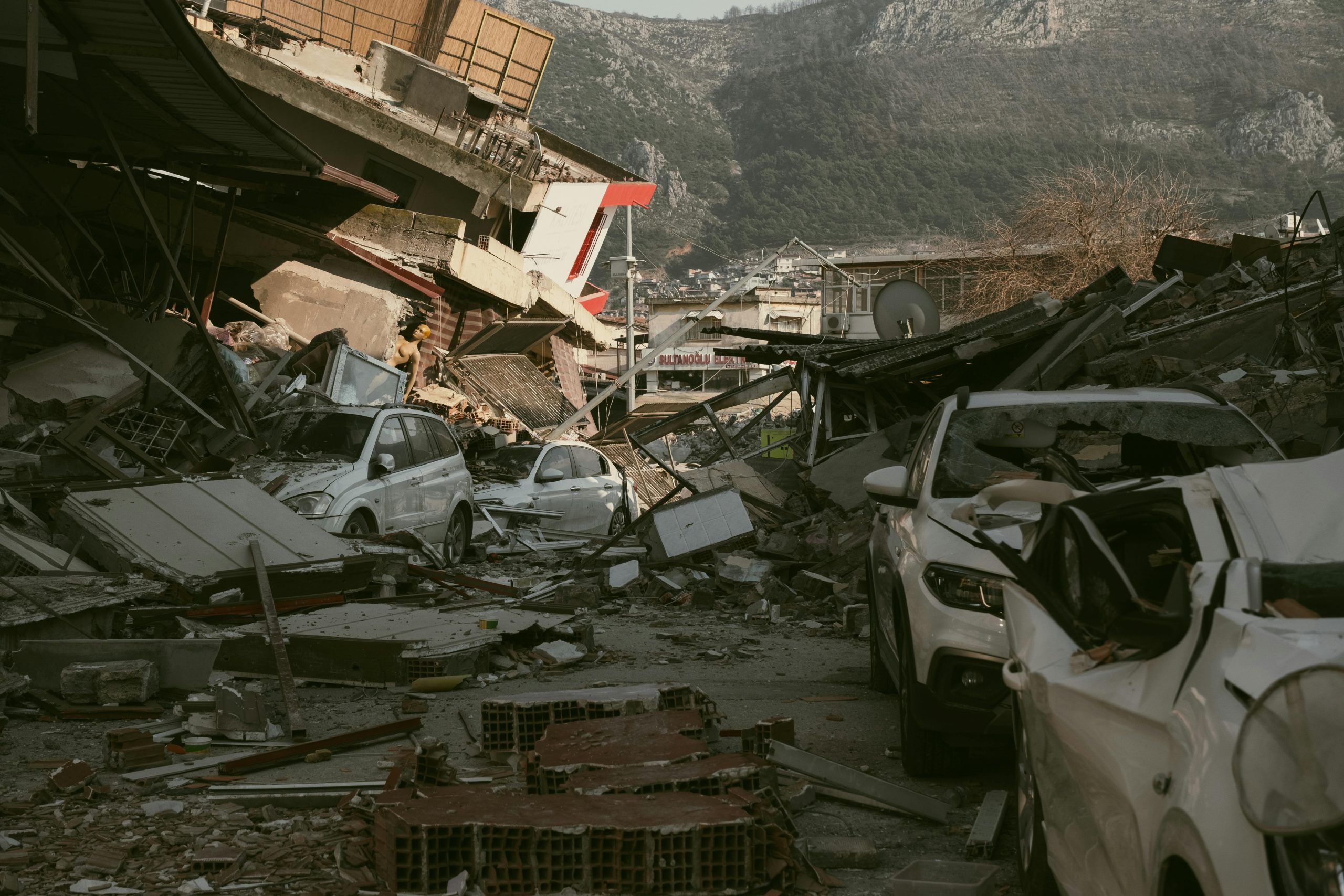
International Aid & Export Compliance
- Export Control Order 2008
- Dual-Use Items Regulations
- HMRC export documentation
- End-user certificates
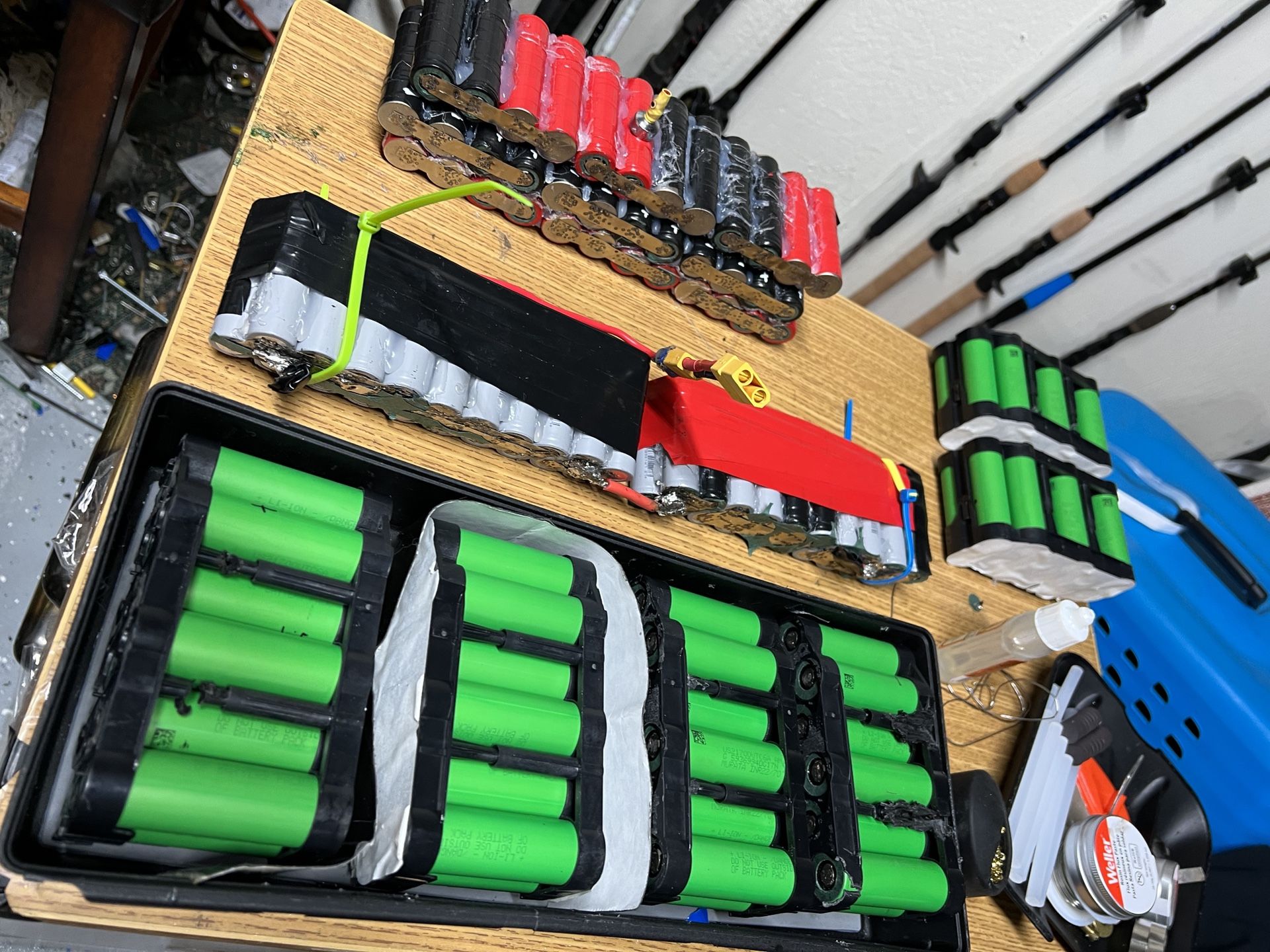
Health & Safety – E-Waste Handling & Disposal
- COSHH Regulations 2002
- Manual Handling Regulations 1992
- Dangerous Substances Regulations 2002
FAQs
Is the transfer of seized devices to Eco-Scoot legally compliant?
Absolutely. We operate under the Police Property Act 1997 and Proceeds of Crime Act 2002, providing formal custody transfer certificates and full legal indemnity to every police force we work with. Once devices are transferred to us, police forces are completely protected from any storage, environmental, or liability risks that might arise from holding these items on their premises.
Our legal framework has been developed specifically to address the growing burden that illegal and unsafe micro-mobility devices place on UK police forces.
Are you authorized to handle hazardous lithium batteries?
Yes, we operate under Environment Agency hazardous waste permits specifically designed for lithium-ion battery processing. Our certified environmental handlers manage all aspects of battery dismantling, storage, and recycling in full compliance with UK regulations. This authorization is crucial because lithium-ion batteries present significant fire and environmental risks when not handled properly.
Our comprehensive safety protocols address the reality that lithium-ion batteries are responsible for an estimated 201 fires annually in UK waste facilities. We implement immediate isolation procedures for damaged or swollen batteries, maintain separate storage systems organized by battery chemistry type, and enforce maximum quantity limits of 500kg per battery type on-site at any given time.
Is shipping components to Ukraine legally compliant?
Completely. We operate under full customs compliance protocols that meet all UK and international requirements for humanitarian aid exports. Our framework includes Export Control Order 2008 authorization, Dual-Use Items Regulations compliance, and comprehensive HMRC export documentation for all shipments. Every component we send abroad follows photo-verification protocols for regulatory transparency and is accompanied by end-use declarations signed by verified Ukrainian recipients.
What permits does Eco-Scoot hold for waste processing?
We operate under comprehensive licensing that covers every aspect of our operations. This includes Environment Agency hazardous waste permits specifically for battery processing, Upper Tier Waste Carrier Licences for hazardous material transport, Standard Rules Permits for vehicle component dismantling, and WEEE compliance for electrical equipment processing. Our licensing framework ensures that we can legally handle the full spectrum of components found in seized micro-mobility devices.
